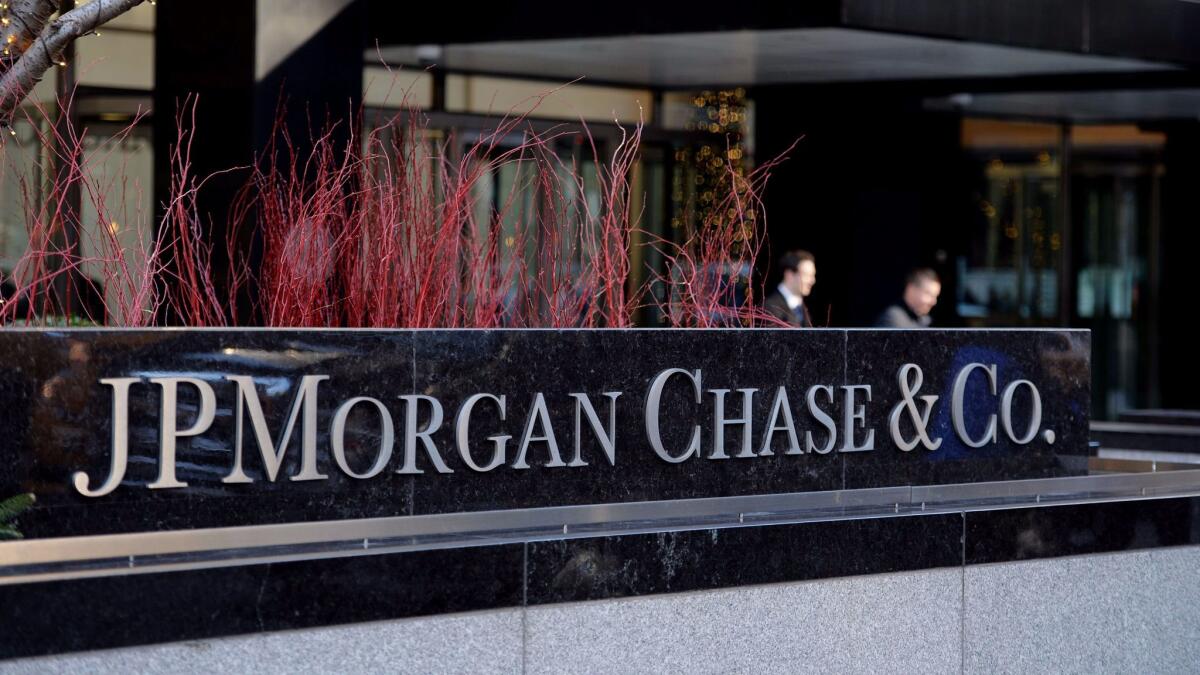Trump picks industry attorney to help oversee overhaul of banking regulations

- Share via
The Trump administration has tapped a banking lawyer to be the interim head of the Office of the Comptroller of the Currency, as part of the administration’s efforts to overhaul bank regulation.
Treasury Secretary Steven Mnuchin says Keith Noreika, a partner at the law firm of Simpson Thacher & Bartlett, will become acting comptroller Friday.
He succeeds Thomas Curry, who served as comptroller after being nominated by President Obama. Curry’s five-year term ended last month, but he had been serving until a replacement was named.
The administration said that Noreika will serve as first deputy comptroller and as the acting head of the agency until a permanent replacement for Curry is chosen. The comptroller’s office is the chief overseer for federally chartered banks.
President Trump has vowed to undo much of the 2010 Dodd-Frank Act that tightened controls on banks in response to the financial crisis, saying it has hurt economic growth.
He said earlier this week he would even consider bringing back in its place some modern version of Glass-Steagall, a 1933 law repealed in 1999 that separated commercial and investment banking.
That would mean breaking up the big Wall Street banks, but the administration has yet to put forth a detailed financial-reform proposal.
The Office of the Comptroller of the Currency, or OCC, led the $185-million regulatory settlement last year with Wells Fargo & Co. over its fake-accounts scandal. The bank has said employees created as many 2.1 million checking, savings and credit card accounts without customers’ authorization.
However, in an internal report released last month, the agency acknowledged serious shortcomings in its oversight of the San Francisco institution.
The report found that OCC regulators knew about the bank’s sales practices as far back as 2010 but missed numerous opportunities to address the wrongdoing prior to the settlement.
The practices were first disclosed publicly in a 2013 Times investigation that found onerous sales goals pushed employees to create the accounts.
UPDATES:
10:30 a.m.: This article was updated with details about the OCC’s $185-million settlement with Wells Fargo & Co.
This article was originally published at 9:50 a.m.
More to Read
Inside the business of entertainment
The Wide Shot brings you news, analysis and insights on everything from streaming wars to production — and what it all means for the future.
You may occasionally receive promotional content from the Los Angeles Times.










